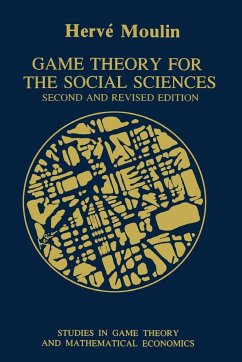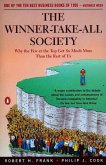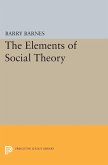The second edition of Herve Moulin's highly successful book outlines the fundamental concepts of game theory-one of the most provocative and fruitful applications of mathematics to the human sciences-and demonstrates its uses in economic and political discourse. Thoroughly revised, and now published with an accompanying workbook of 89 exercises, this rigorous yet accessible test explains the uses of game theory in largely nontechnical terms. Moulin carefully discusses the behavioral scenarios underlying the various equilibrium concepts. He provides a self-contained exposition of basic equilibrium concepts for strategic games: perfect (sophisticated) equilibrium, Nash's noncooperative example, Aumann's strong and correlated example, and several versions of the core. The author is concerned less with mathematical refinements than with helping the reader understand the strategic stories backing these concepts. His examples therefore give a fair account of the current game models used in economics, politics, and sociology. Addressed here are oligopoly theory, the provision of public goods, auctions, voting procedures, and cost allocation problems, as well as the classic prisoner's dilemma, tic-tac-toe, and Marienbad games. Extremely popular in its original French edition and in its first English version, Moulin's excellent introductory text is now, more than ever, the book to answer the essential questions about the application of game theory to the social sciences.








